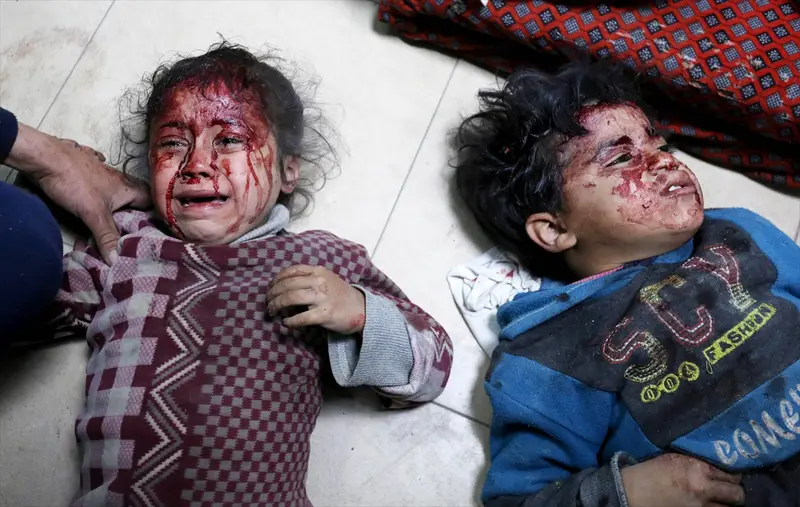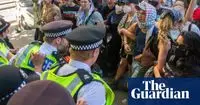Summary
Issam Nasr, a worshipper at the church, remarked that “we have never held a knife in our lives. All we ever carried were our prayers.”
Suicide Bombing at Orthodox Church Kills 25—Overview
A suicide bomber detonated his device at a Greek Orthodox church located in the Dweila neighborhood of Damascus during a service on Sunday. At least 25 people lost their lives and 63 others were injured among the approximately 350 congregants present. The assailant, believed to have ties to the Islamic State militant group, entered the church armed and triggered an explosion that destroyed the building’s entrance and left a trail of devastation both inside the church and in its immediate surroundings.
Impact on the Christian Community
Experts warn that the incident is likely to have serious repercussions for Syria’s Christian minority. Antonio Giustozzi, a senior research fellow specializing in terrorism and conflict, explained that the repercussions could complicate efforts by the government, especially given that Christians have traditionally been viewed as supporters of previous regimes.
Why It Matters
Syria’s newly installed leader, Ahmed al-Sharaa, who was once a member of Al-Qaeda and has committed to forging a pluralistic society, now faces renewed challenges from extremist factions. The attack intensifies concerns about the government’s ability and willingness to eradicate radical influences from the country. Recent cuts in aid have further impeded efforts to repatriate Islamic State members from prison camps, leading to security gaps—including the illicit transfer of militants and their families—that can be exploited by terrorist cells.
This bombing marks the first suicide attack since the new regime came to power. Although there had been months of low-level activity and propaganda from the Islamic State, the resurgence of violence underscores the group’s persistent threat. A United Nations report from earlier this year warned that the security gaps left by the abrupt fall of the former president could facilitate further IS actions in the region.
What People Are Saying
Antonio Giustozzi noted that the Syrian government is contending with conflicting pressures: key members favor a strict Islamic regime, while other allies prefer a more moderate approach. Syrian Interior Minister Anas Khattab declared that “these terrorist acts will not derail the state’s quest for civil peace.” Additionally, the UN special envoy for Syria, Geir Pedersen, denounced the attack, urging all Syrians to stand united in rejecting terrorism and extremism while extending his condolences to the victims’ families.
In his statement, Issam Nasr’s words resonated as a powerful reminder of the peaceful nature of the congregation, emphasizing that their only “weapons” were their prayers.
What Happens Next
The Syrian government has reiterated its goal of achieving lasting peace across the nation. However, it remains uncertain whether this tragic episode will mark the beginning of a new era of instability. Observers continue to watch closely, as further measures to protect vulnerable communities and restore stability are debated by officials and international partners alike.
Update: Additional commentary from experts has been incorporated as further details emerge.

Embracing Faith, One Insight at a Time!
The teachings of the Quran have always guided my path. With a deep passion for Islamic knowledge, I strive to blend the wisdom of tradition with the relevance of today, making the timeless messages of Islam accessible and meaningful for everyone.
Muslim Culture Hub is my platform to share historical insights and thought-provoking articles, exploring both well-known and lesser-discussed aspects of Islamic culture and beliefs. My mission is to create an inclusive online space where everyone can learn, strengthen their faith, and connect with the profound message of Islam.
Join the journey!
May peace be upon you.







